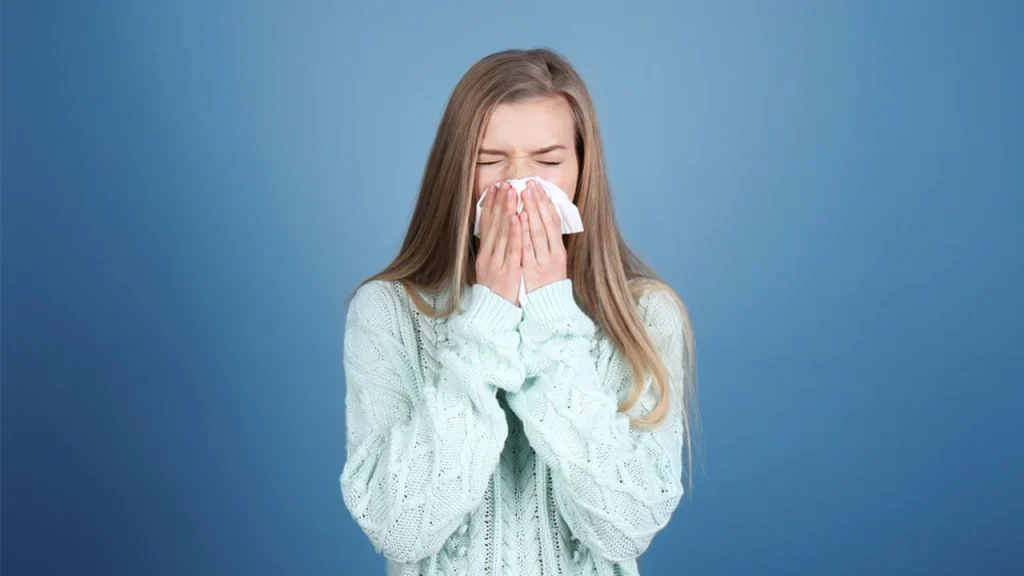Upper respiratory infections URIs are a common occurrence, impacting individuals of all ages. These infections, which include the common cold, influenza, and various other viral and bacterial illnesses, can lead to discomfort, missed work or school, and in some cases, severe complications. To address the prevention and treatment of URIs, a proactive approach is essential. Upper Respiratory Infection Care Service can help individuals stay healthy and manage these infections effectively.
Vaccination:
Vaccination plays a crucial role in the prevention of certain upper respiratory infections. For instance, the annual influenza vaccine helps reduce the risk of contracting the flu. Additionally, the COVID-19 vaccine has shown promise in reducing the severity of respiratory symptoms and hospitalization rates. Encouraging individuals to get vaccinated can significantly lower the risk of URIs and their complications.
Hygiene and Hand washing:
Basic hygiene measures are essential in preventing the spread of URIs. Promoting good hand washing practices and respiratory etiquette, such as covering one’s mouth and nose when sneezing or coughing, can help reduce transmission. Regular hand washing with soap and water can minimize the chances of infection.
Immune System Support:
A well-functioning immune system is the body’s first line of defense against infections. A proactive approach to maintaining a robust immune system includes a balanced diet, regular exercise, adequate sleep, and stress management. These practices can help keep the body ready to combat respiratory infections effectively.

Avoiding Crowded and Closed Spaces:
Limiting exposure to crowded and enclosed environments during the peak of the cold and flu season or in the presence of infectious outbreaks can reduce the risk of contracting URIs. Good ventilation and maintaining physical distance can also be protective measures.
Personal Protective Equipment:
Wearing masks and using personal protective equipment PPE can be particularly effective in preventing the spread of respiratory infections. This has been highlighted during the COVID-19 pandemic, and the continued use of masks in high-risk settings can help protect against URIs.
Treatment:
Telemedicine and Telehealth:
In today’s digital age, telemedicine and telehealth services are becoming increasingly vital in the management of URIs. Individuals can access medical advice, prescriptions, and treatment recommendations from the comfort of their homes. This not only reduces the risk of transmission in healthcare settings but also makes care more accessible.
Antiviral Medications:
For certain URIs, such as influenza, antiviral medications can help reduce the severity and duration of symptoms if administered early in the course of the illness. A proactive Upper Respiratory Infection Care Service should provide information on the availability and appropriate use of these medications.
Symptomatic Relief:
Over-the-counter remedies can provide relief from the symptoms of URIs. These include pain relievers, decongestants, and cough suppressants. It is important to educate individuals on their proper use and potential side effects and visit now https://alamocityuc.com/service/upper-respiratory-infection/.
Monitoring for Complications:
Upper respiratory infections can sometimes lead to complications, such as pneumonia. Proactive care services should emphasize the importance of monitoring symptoms and seeking prompt medical attention if symptoms worsen or do not improve.
Lifestyle Recommendations:
Proactive care services should offer lifestyle recommendations to promote recovery, including hydration, rest, and nutrition. Maintaining a healthy lifestyle can aid in the body’s recovery and reduce the risk of secondary infections.
